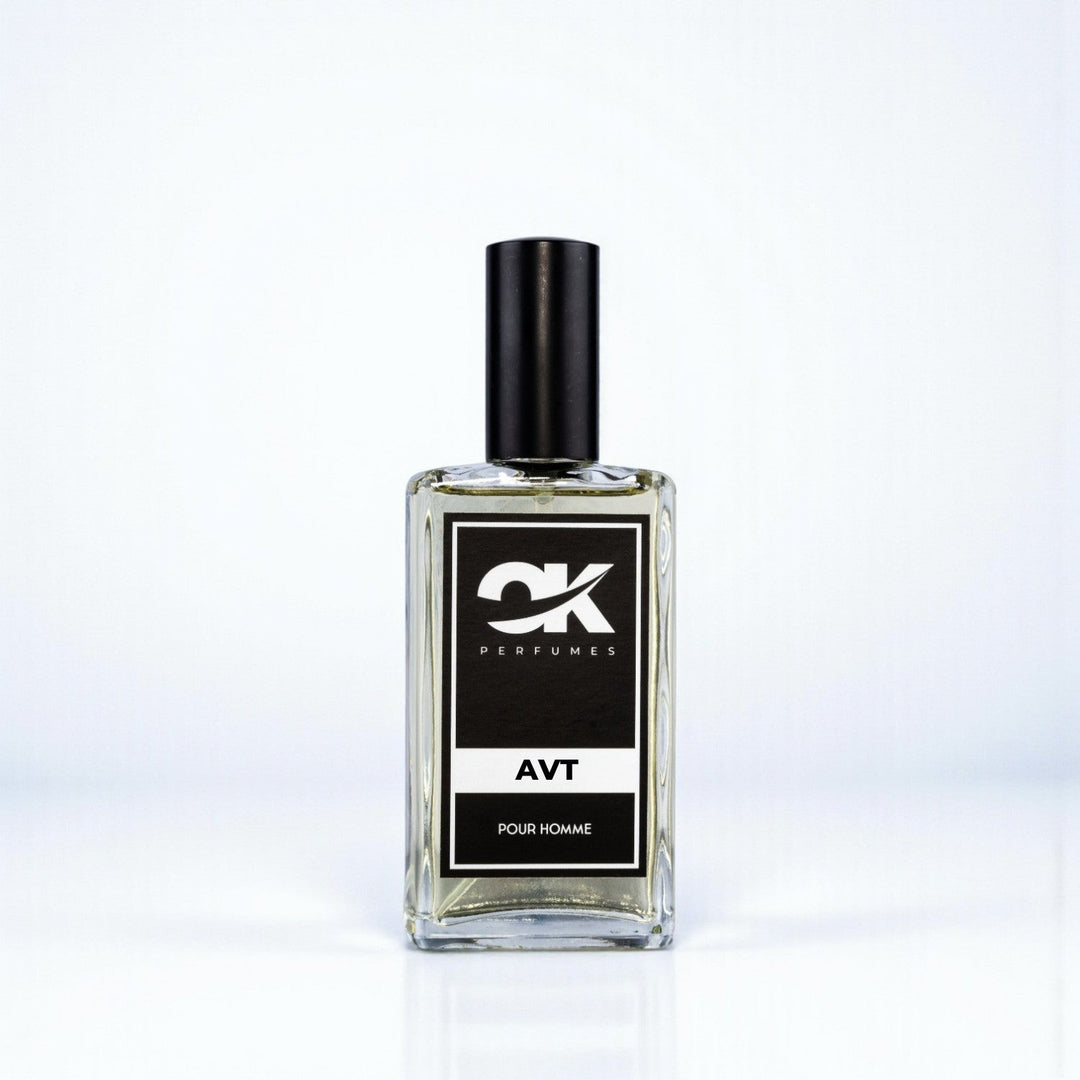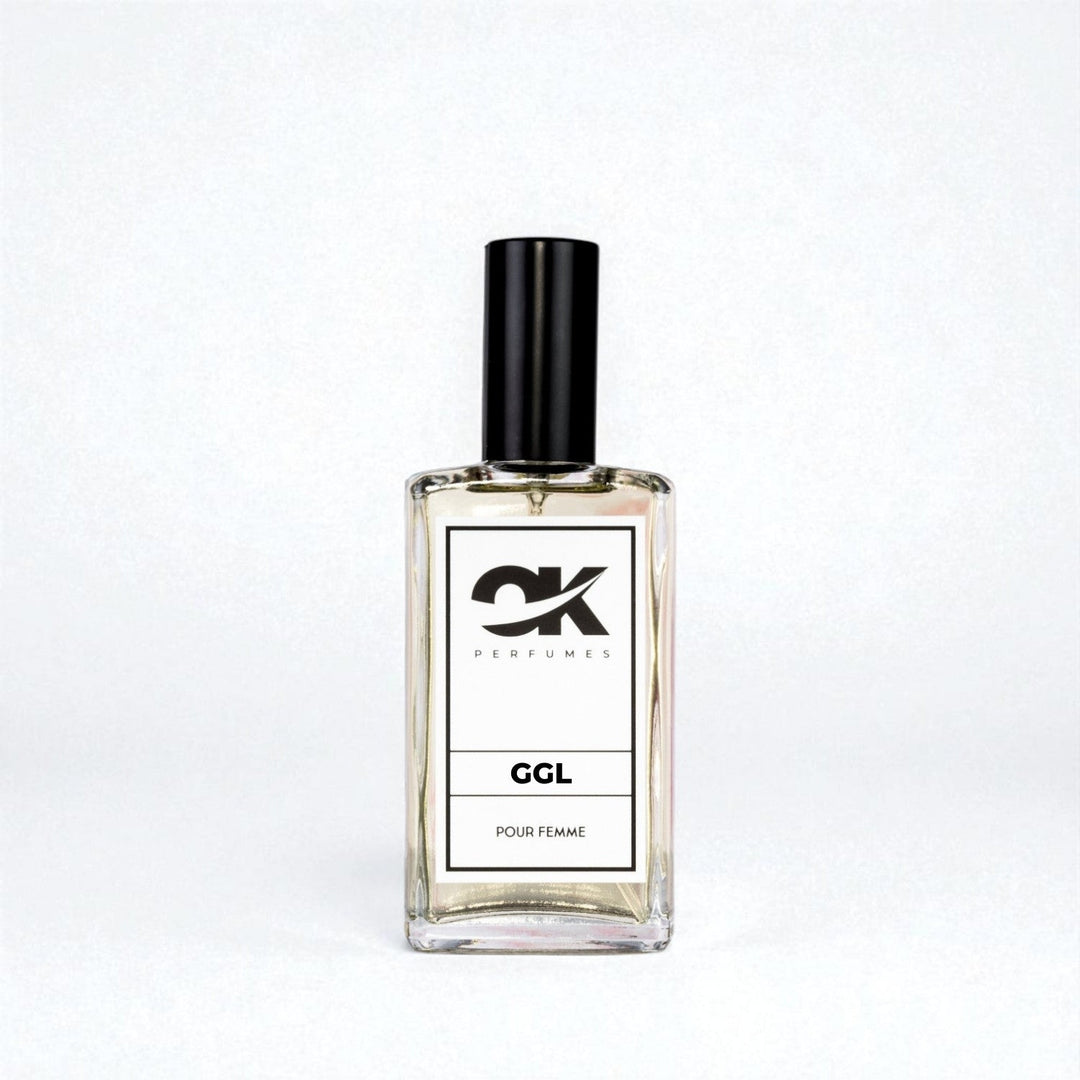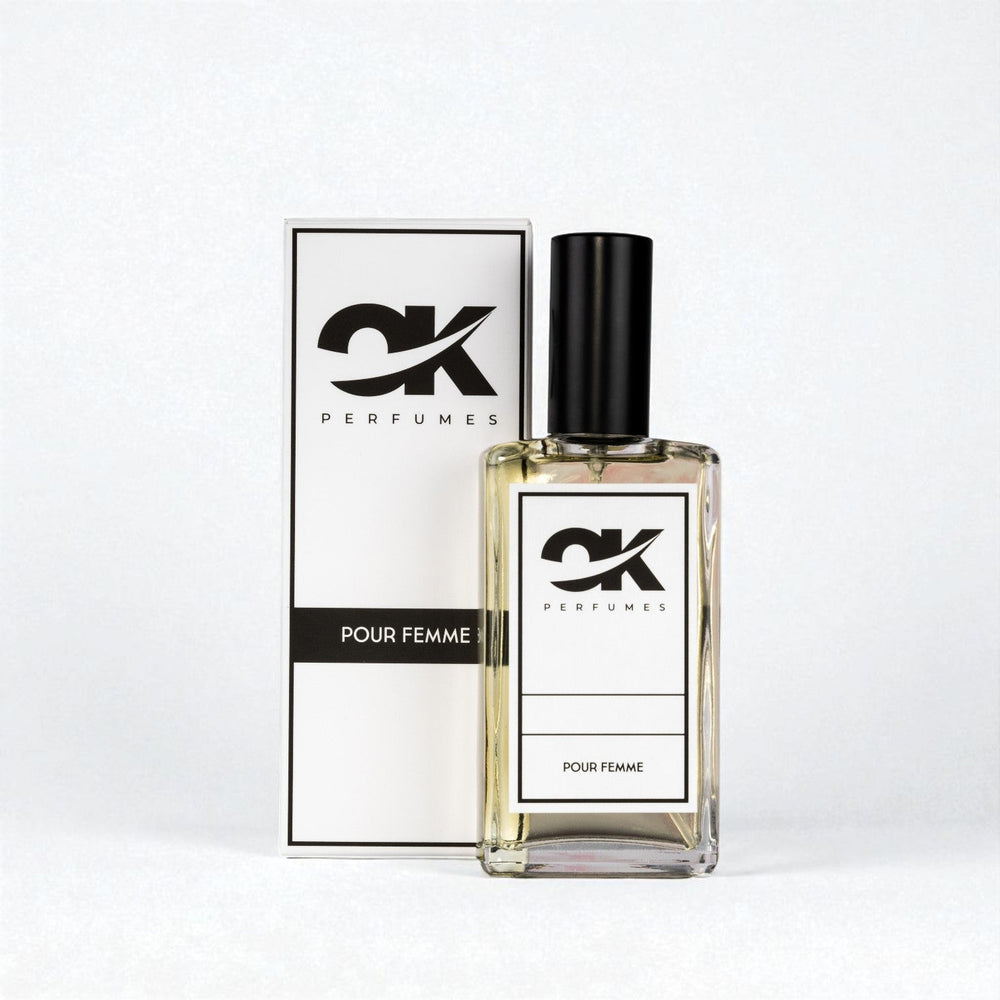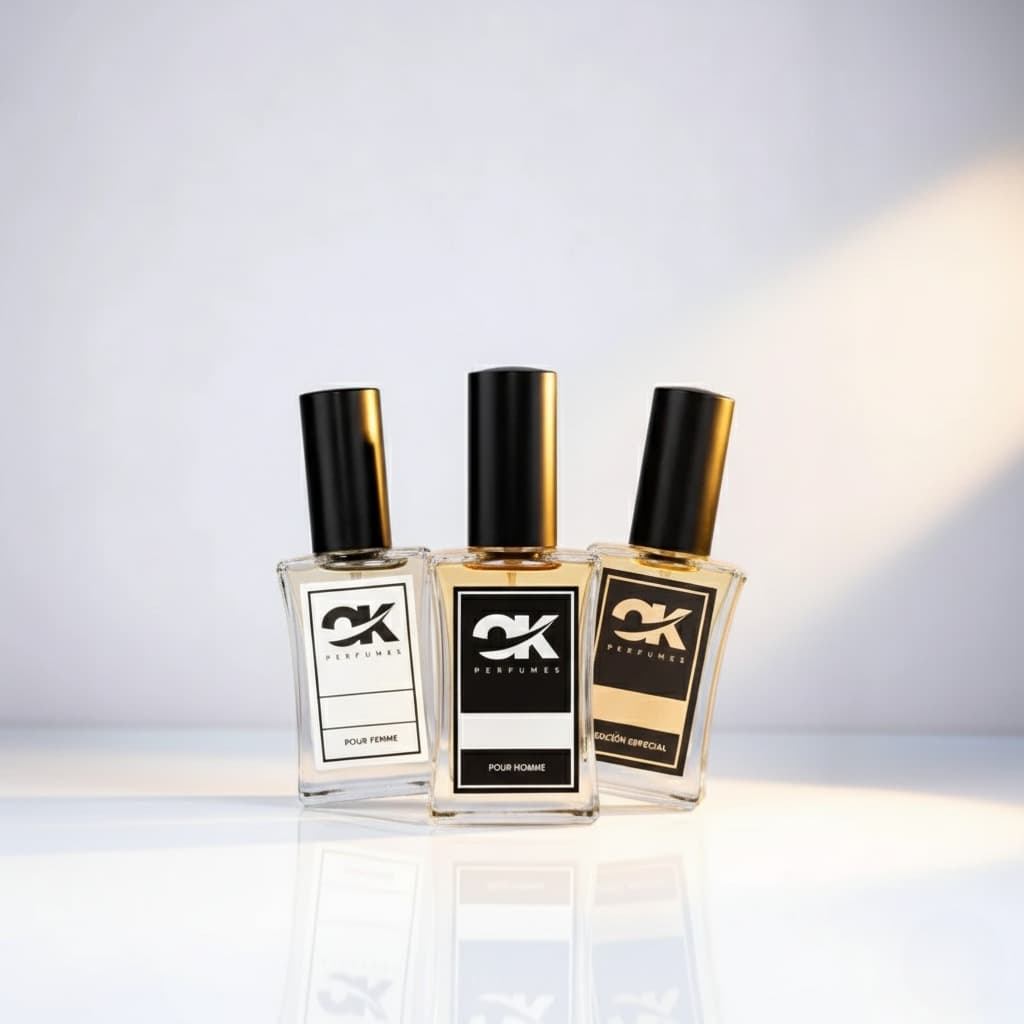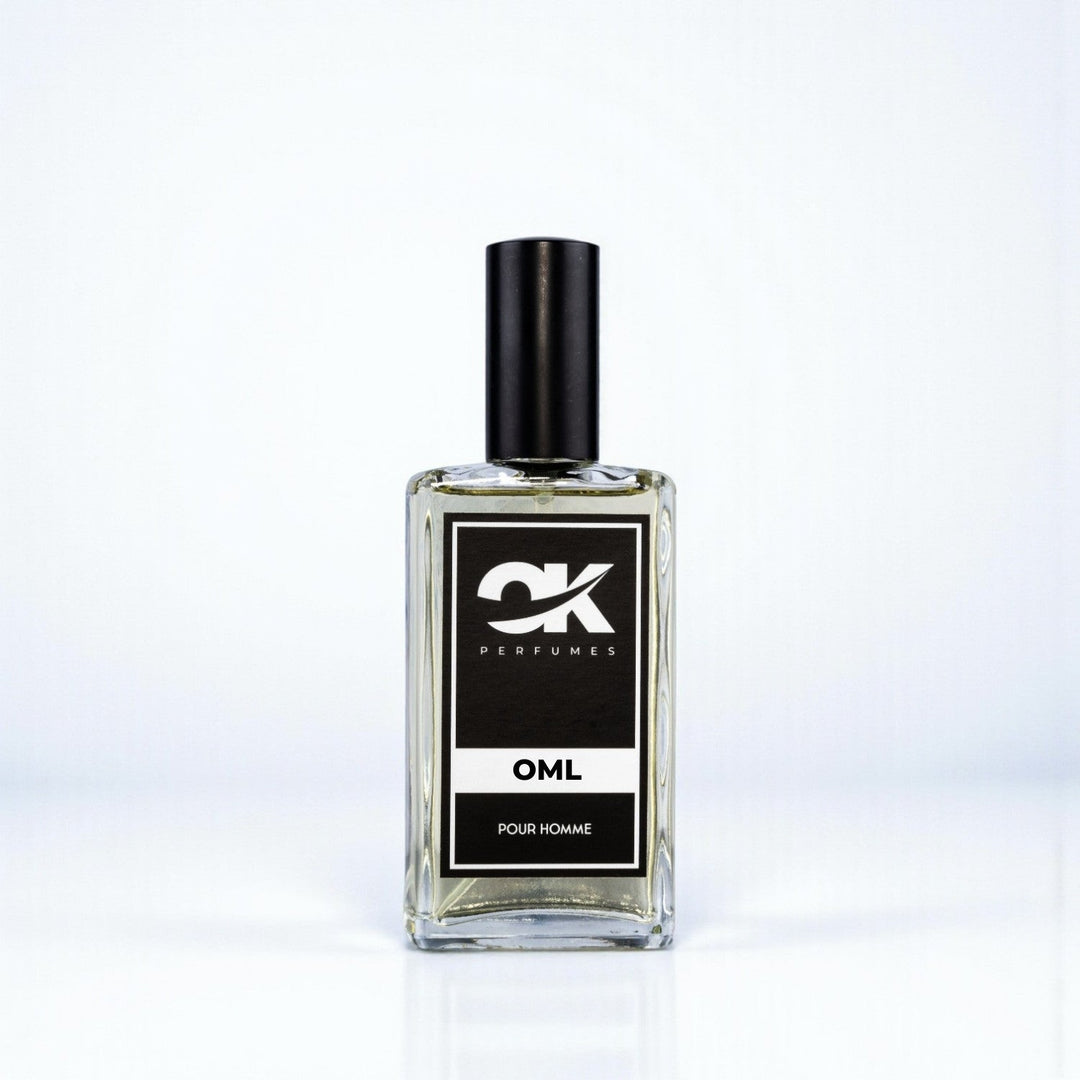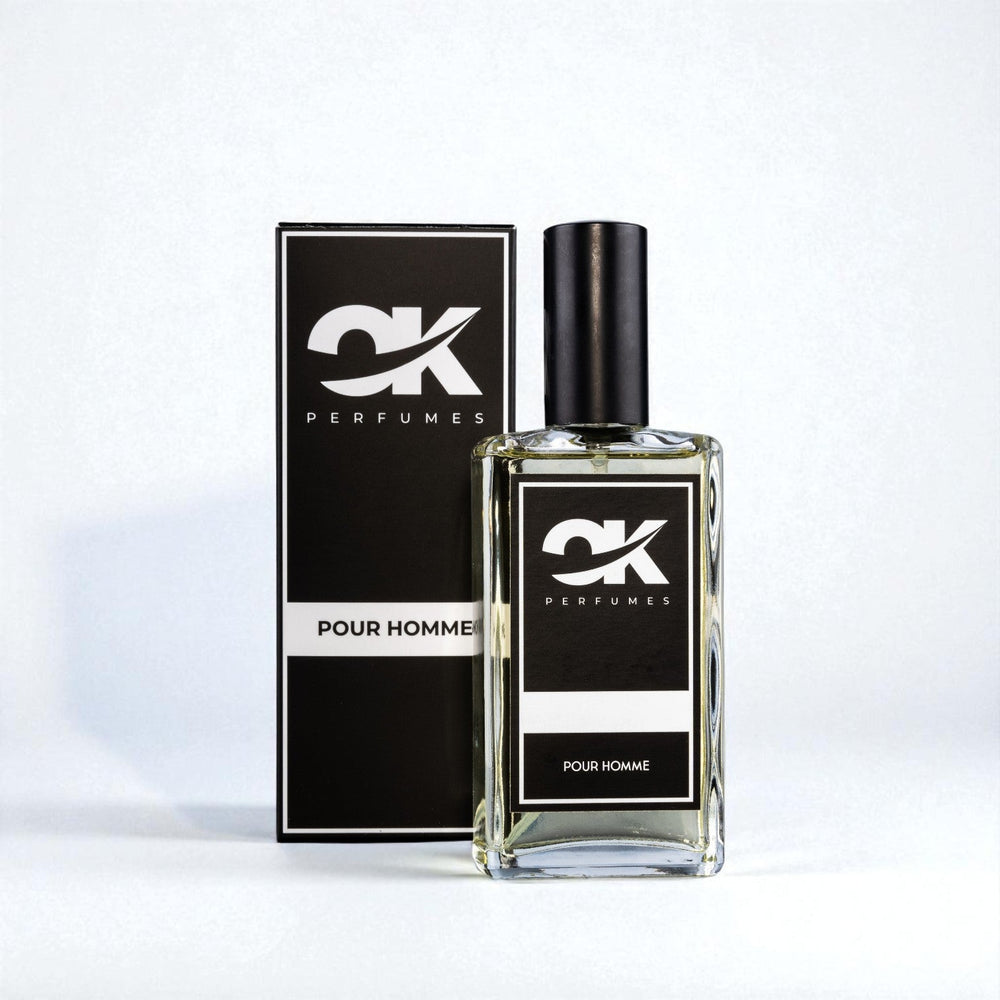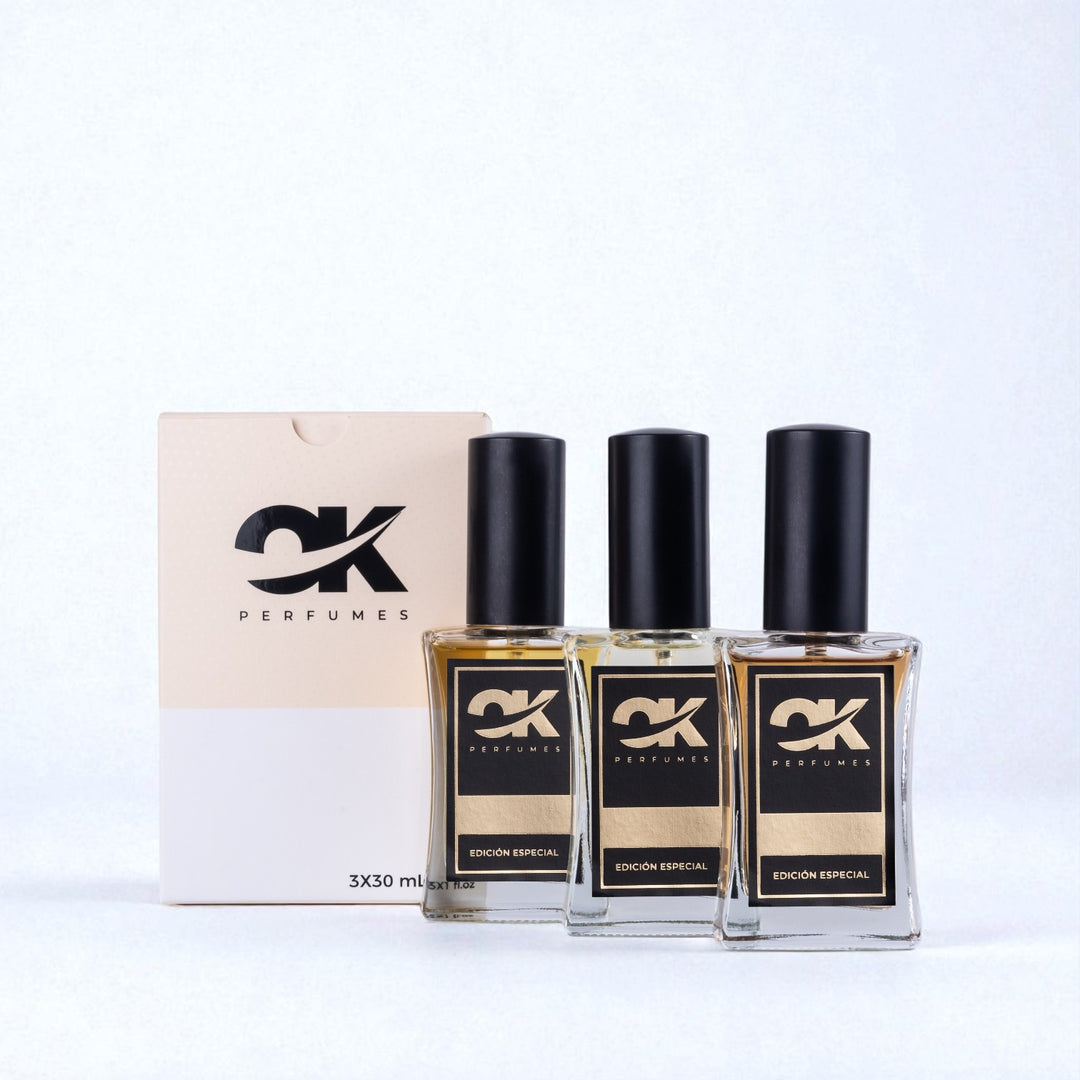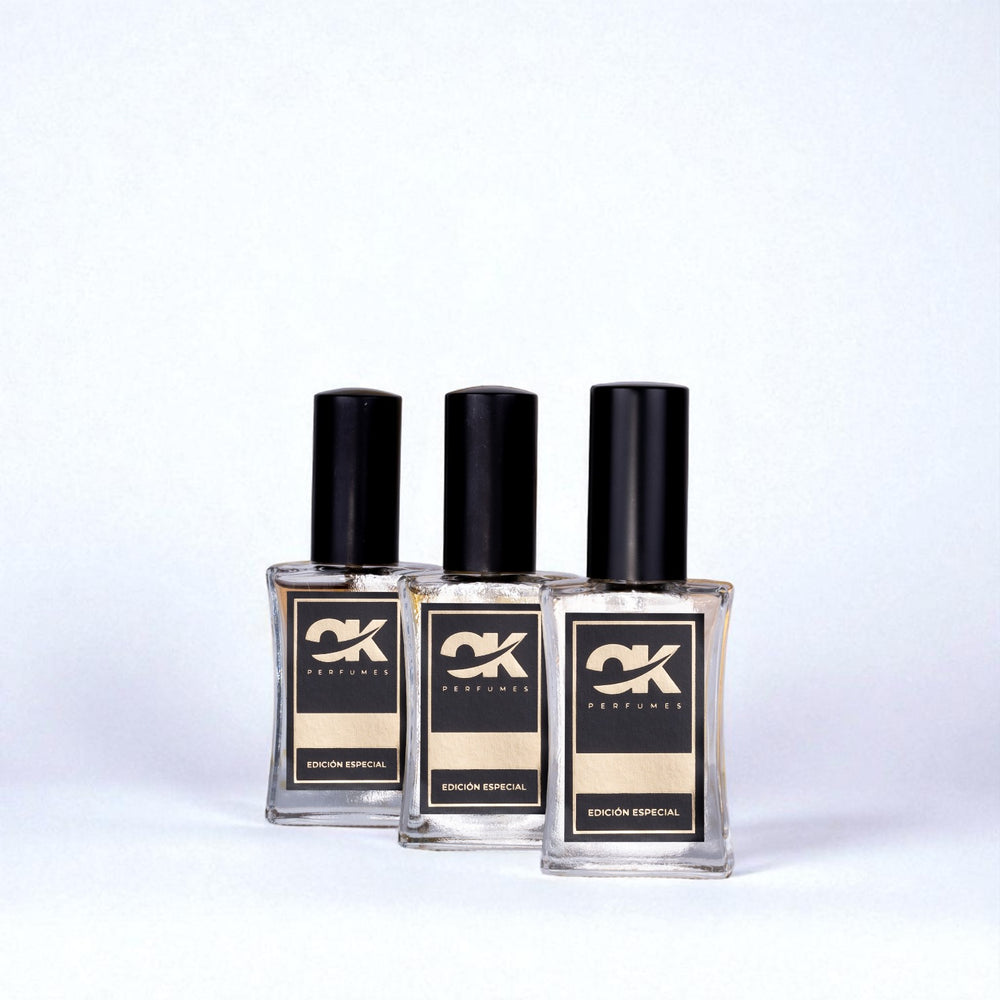The Fascinating Impact of Culture on Perfumery Over Time
Perfumery is an art that has evolved alongside humanity. From ancient civilizations to the modern world, culture has profoundly influenced the way we perceive and use fragrances. In this article, we'll explore how culture has shaped perfumery over time, as well as the trends that have emerged in different eras and societies. We'll discover the impact this relationship has had not only on the creation of perfumes, but also on their meaning and symbolism in our lives.
The First Aromas: Antiquity and Cultural Fragrance
Since time immemorial, humans have sought ways to beautify their surroundings and their own bodies. Ancient civilizations, such as the Egyptians, Greeks, and Romans, used fragrances not only for their aroma but also for their ritual and medicinal properties. The use of resins, flowers, and spices in religious ceremonies demonstrates how culture and perfumery were intrinsically linked.
The Ritual Use of Perfumery
In many cultures, perfumes were considered sacred. In Egypt, fragrances were offered to the gods during rituals. Mixtures of myrrh and olive oil were common and used in embalming, reflecting the importance of perfumery in life and death.
Similarly, in ancient Greece, specific meanings were attributed to certain scents. Flowers like roses were associated with love, while sandalwood was used to invoke tranquility and meditation in religious rituals. This shows how the culture of these civilizations influenced the creation of the first fragrances.
Changes in the Medieval Era: Perfumery as a Status Symbol
As we move forward in time, the Middle Ages brought significant changes to perfumery. During this period, fragrances became a status symbol. The upper classes began wearing elaborate perfumes to display their wealth and power, while the lower classes had limited access to these luxurious creations.
The Renaissance and Innovation in Perfumery
The Renaissance marked an era of rediscovery in perfume creation. Alchemists began experimenting with distillations and blends, leading to the creation of new, more complex fragrances. Although cultural influences remained, technical innovation began to play a more important role in perfume production, paving the way for what we know today as the perfume industry.
The 19th Century: The Industrial Revolution and Accessibility
With the arrival of the Industrial Revolution, perfume production changed radically. Large-scale manufacturing made fragrances available to more people, transforming the cultural perception of perfumery.
Mass Market Fragrances
This era was characterized by the birth of what we now call the "mass market." Fragrances became more affordable and accessible to the general public. This resulted in a democratization of perfumery, where not only the elite could enjoy the finest perfumes, but it also became a common good for the masses.
The 20th Century: Perfumery as a Cultural Expression
During the 20th century, perfumery began to be seen as a form of artistic and cultural expression. Fashion houses and designers began launching their own fragrances, creating a connection between fashion and perfumery. This phenomenon solidified the idea that a fragrance is not only a scent, but also a representation of a person's personality and lifestyle.
The Influence of Social Movements
At the end of the 20th century, social movements such as feminism and counterculture also impacted perfumery. Fragrances began to represent more than just luxury; they became symbols of freedom and self-expression. The best perfumes now carried powerful messages about identity and personal empowerment.
The Contemporary Era: Personalization and Cultural Connectivity
In the 21st century, perfumery has become more intimate and personalized. Technology and access to information have transformed how consumers choose their fragrances. People now seek more personalized shopping experiences, where they can discover perfumes that resonate with their own cultural and personal identity.
Current Trends in Perfumery
Current trends indicate a growing interest in sustainability and ethics in perfumery. Consumers are increasingly aware of the environmental impact of their choices. This cultural shift is reflected in a demand for the finest perfumes that not only smell good but are also produced responsibly.
The Intersection of Culture and Perfumery: A Journey of Resilience
Throughout history, perfumery has been a reflection of society and cultural values at a given moment. The art of creating fragrances has adapted and readjusted, mirroring the cultural transformations we have experienced. From ancient Egyptian rituals to modern personalization, perfumery has both witnessed and participated in human cultural evolution.
The Future of Perfumery
Looking to the future, it's clear that perfumery will continue to evolve based on cultural dynamics. The connection between scent and emotions, as well as the pursuit of authenticity and meaningful experiences, will set the tone. At the same time, concepts such as diversity and inclusion will begin to have an even greater impact on the creation of new fragrances.
Discover the World of Fragrances
Now that we've explored how culture has impacted perfumery over time, we invite you to discover the vast world of fragrances for yourself. Choosing a perfume is personal and unique, so don't hesitate to explore different scents and find the ones that best represent your essence. At ok-perfumes , you can find a variety of options that embody the rich history of perfumery. Dare to choose your next fragrance!




